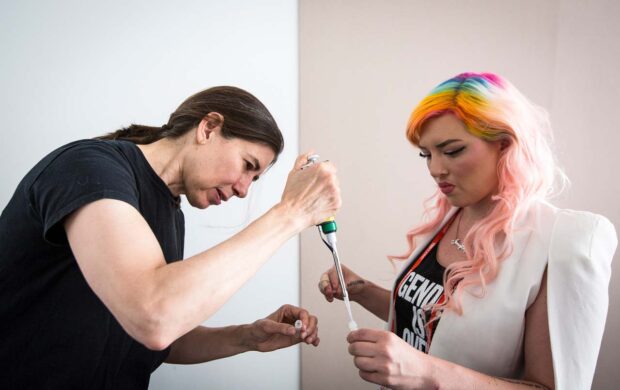For decades, people have been taking ‘brain boosters’ such as Adderall and Ritalin to improve focus, motivation, and concentration. Yet the safety and actual efficacy of these methods have been unclear.

This changed recently, after a meta-analysis of 24 studies on the ‘smart drug’ Modafinil conducted by researchers from Harvard Medical School and the University of Oxford determined it to be safe, and to actually enhance cognitive functioning. They concluded that the drug has minimal side effects and no addictive qualities in the short-term, while improving memory, attention, and learning in healthy people (note: it does not make you smarter).
Today, up to 11% of all US college students and one in five students in UK universities are purchasing Modafinil, initially developed to treat narcolepsy, off websites without prescriptions. The demand for the pill is growing amongst entrepreneurs in Silicon Valley.












